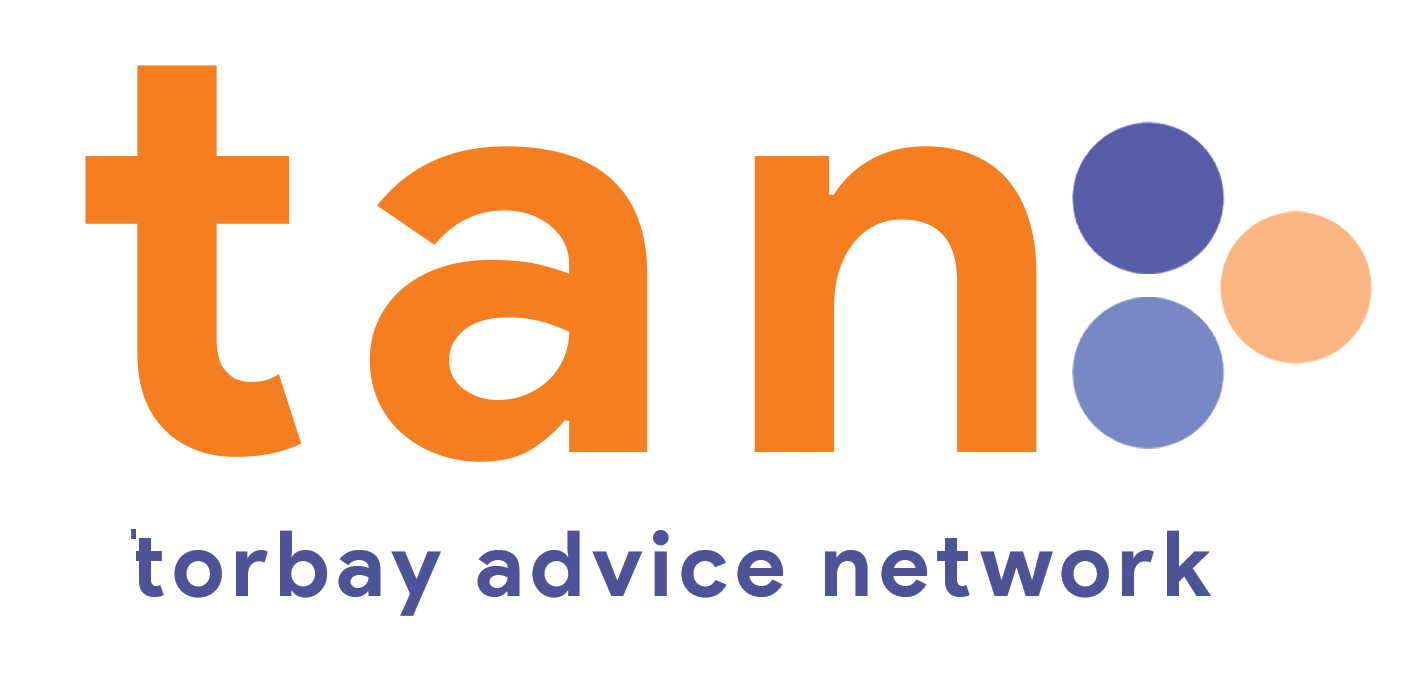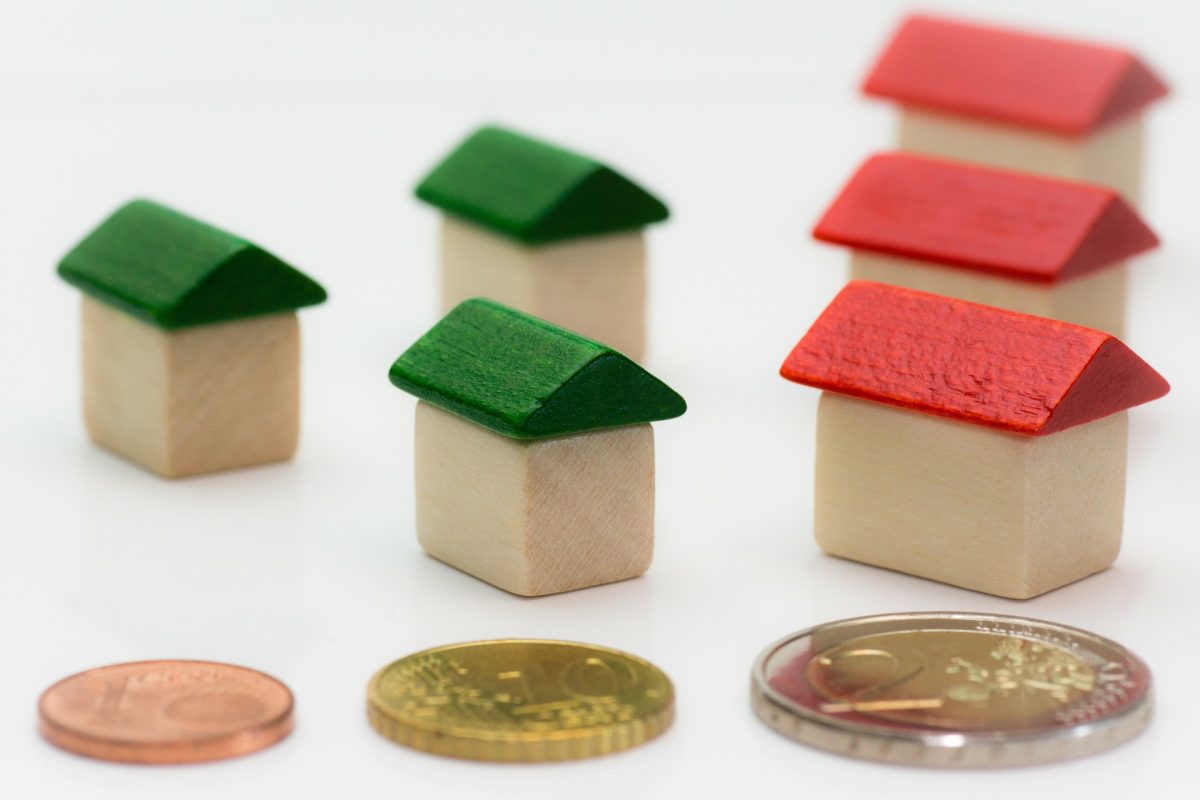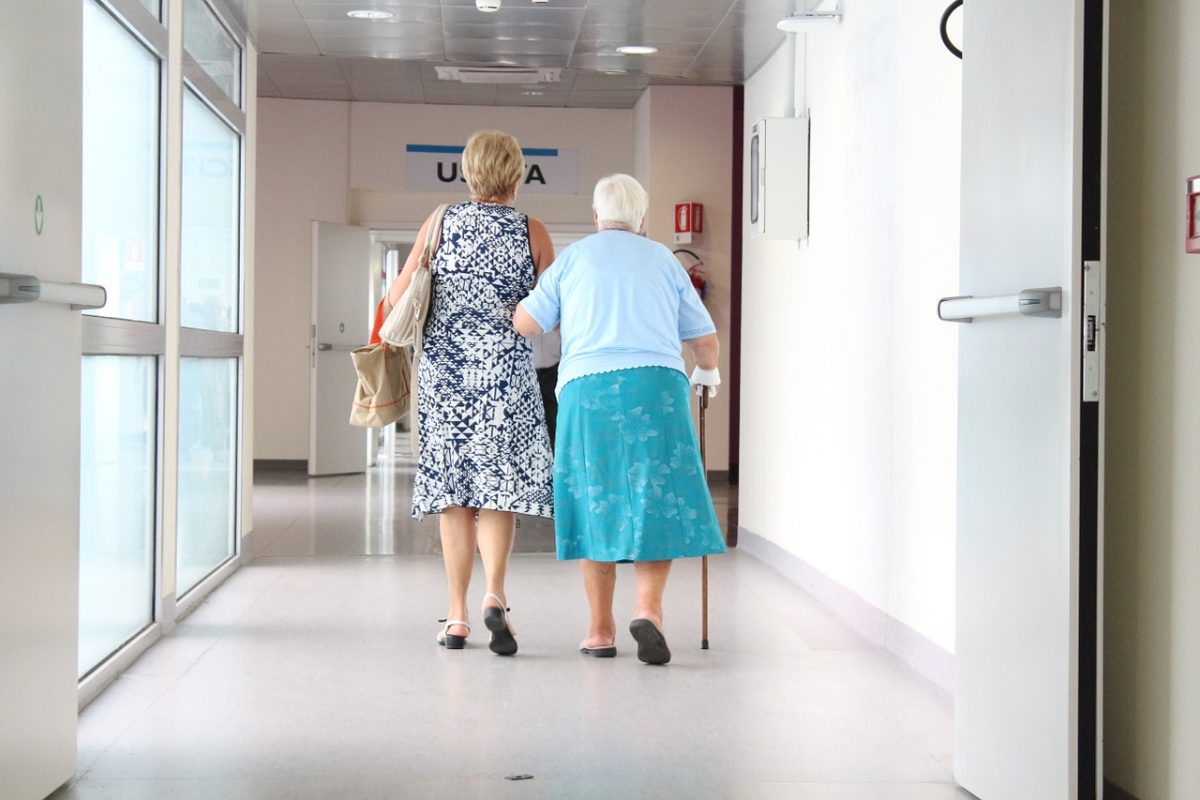This paper explains the framework within which local authorities allocate their housing stock.
This page provides an overview of the Government’s strategy on Living with Covid-19 and a summary of the relevant policy changes.
The COVID-19 pandemic has already had major consequences for people’s perceptions and expectations of health and social care services. Workforce shortages were the single biggest challenge in health and social care before the pandemic, and the last 2 years have left staff overstretched and exhausted. Responding to COVID-19 has caused disruption, delays and increased demands on services, resulting in large volumes of unmet need and delayed care, including the longest waiting list for hospital care since current records began.
This briefing provides information on the Government’s proposals for adult social care reform, including the cap on care costs.
In September 2021, the government announced that a cap on lifetime social care costs would be operationalised in England from October 2023, set at a level of £86,000. When the possibility of a cap was first legislated for in the 2014 Care Act, that legislation set out that total personal care costs incurred (including those covered by means-tested council funding for those with low assets or income) would count towards the cap. However, in November 2021, the government proposed to amend the Care Act so that an individual will reach the social care cost cap when the amount they have spent themselves (excluding any means-tested support from their council) reaches £86,000. The government estimates that this amendment will save £900 million per year from 2027–28, reducing the cost of the social care cap by around a fifth.
UK’s Chief Medical Officers publish first ever guidelines on physical activity for disabled children and young people.
This briefing provides an overview of key issues facing the adult social care sector during the coronavirus (Covid-19) pandemic, and provides links to some of the key official guidance for the sector.
This briefing provides an overview of policies and services for people with autism spectrum disorder in England.
This briefing examines the funding pressures affecting publicly funded adult social care services in England.
Work Capability Assessment outcomes, appeals and mandatory reconsiderations for Employment and Support Allowance (ESA) claims.



